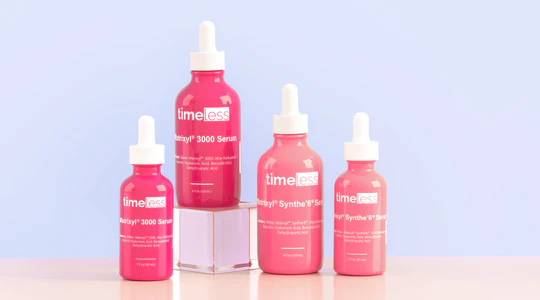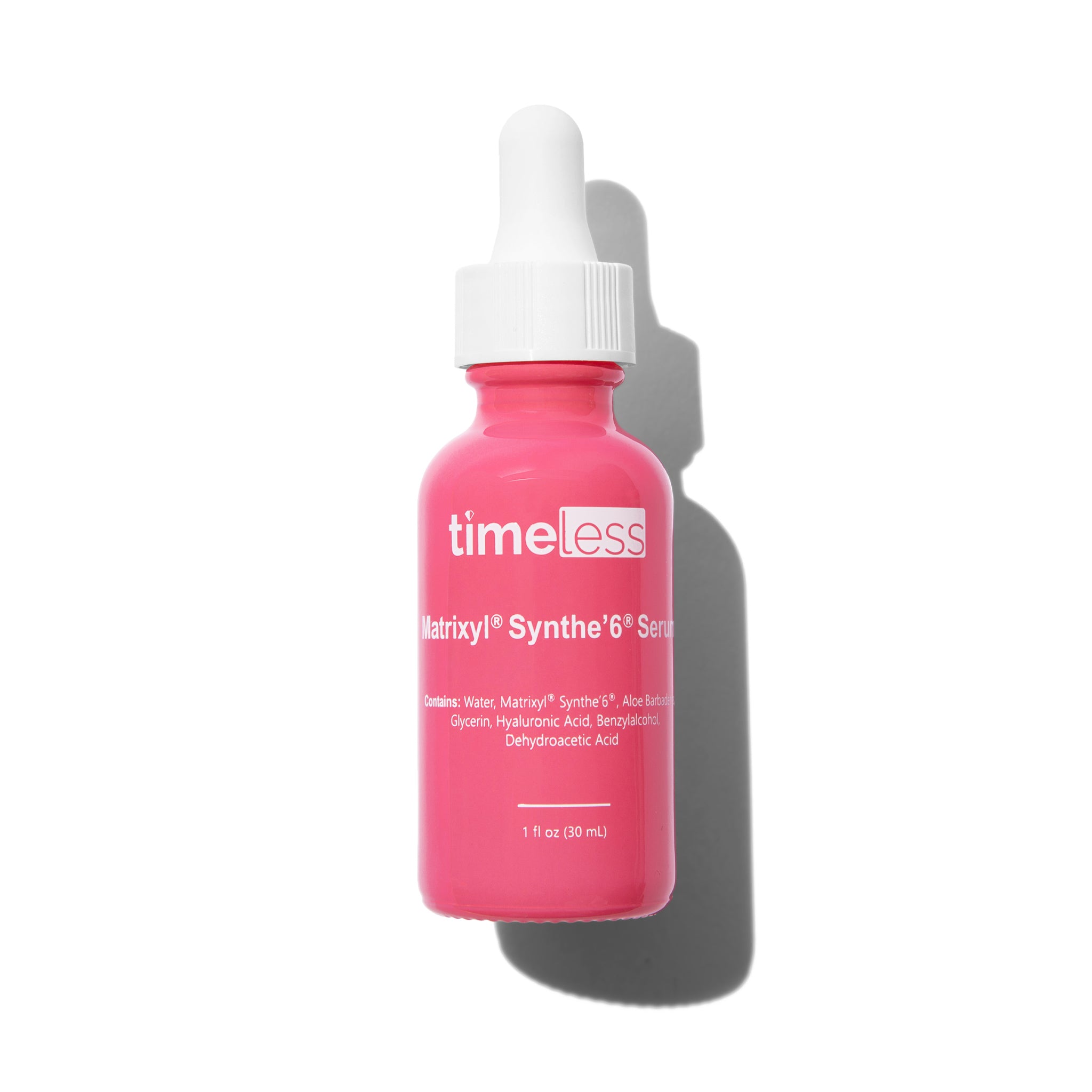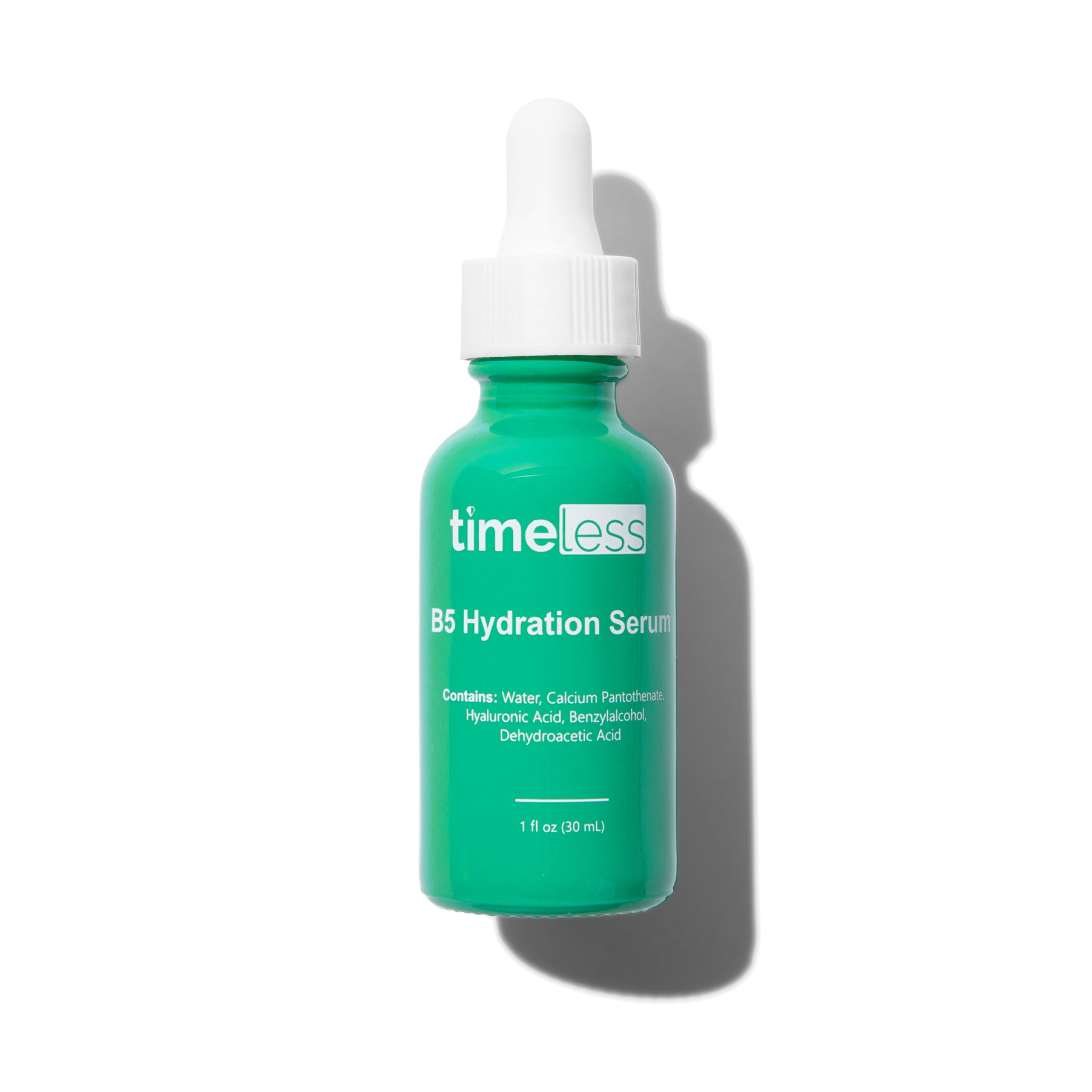How to Counteract the Effects of Blue Light on the Skin
It’s no secret that we’re spending more time looking at screens than ever before. A recent study found that people on average spend 3 hours and 15 minutes a day on their phones, checking it 58 times a day. Once you throw in screen time from tablets, laptops and all that binge-worthy TV, it’s no wonder we’re starting to question not just the effects of all that blue light on our eyes, but our skin too.
What is Blue Light?
Blue light is part of the light spectrum that you can see; its rays have the shortest wavelength and highest energy. Sunlight is the largest source of blue light, but technology has produced a slew of artificial blue ray culprits that include LEDs, fluorescent lighting, and computer monitors.
Your Device Settings and Habits Matter
The range of how much blue light you are exposed to depends on the settings you use, which device it is, and even how you’re using it. For example, how close is the device to your eyes, and how many breaks are you taking throughout a sitting? A good habit to get into is the 20-20-20 rule: every 20 minutes tear your eyes away from the screen and look at something 20 feet away for 20 seconds.
Blue Light Isn’t All Bad
For those who suffer from SAD (Seasonal Affective Disorder), waking up to a blue light in the dead of a dark northern winter can be a life saver for boosting your mood and getting you moving. It’s been shown to help improve memory, attention span and reaction times.
Under specific conditions, blue light can also have healing properties on the skin, such as treating psoriasis and scaly bumps, and is even part of photodynamic therapy to kill cancer cells.
Timeless Skin Care Expert and Esthetician, Shelly Leggins, notes, “In the treatment room, we administer the blue light to treat acne and the symptoms related to it. By being administered in small, measured doses, blue light has therapeutic benefits.”
But since blue light helps regulate your wake and sleep cycle, also known as the circadian rhythm, using electronic devices too late at night can stimulate the brain into thinking it’s daytime, making it much harder to get to sleep. The blue light affects the circadian rhythm of the skin cells too, resulting in damaged skin cells over time.
Skin’s Got the Blues: 3 Serums to Counteract the Worst Skin Effects of Blue Light
Just 60 minutes of blue light exposure has been shown to accelerate the aging process, throwing the regeneration process of skin cells out of whack. The cumulative damage of prolonged exposure to blue light can have pervasive effects on the skin:
Blue light can penetrate deeper into the skin compared to both UVA and UVB light, which means more damage to the collagen and elastin in the dermis, leading to wrinkles and loss of firmness.
This serum works best at night when your skin is in a restorative state while asleep. With six critical skin-building essentials this powerful polypeptide helps lift, plump and smooth wrinkles and expression lines.
Too much blue light can lead to pigmentation, especially triggering skin conditions such as melasma that can stimulate the overproduction of melanin, causing brown spots. Exposure has also been linked to increased redness and inflammation.
Vitamin B5 helps soothe, calm and repair troubled skin by healing blemishes, reducing redness, and minimizing scarring.
Blue light has been shown to cause oxidative stress. As the light penetrates the skin, reactive oxygen species are generated (free radicals) which leads to DNA damage and the breakdown of the skin.
CoEnzyme Q10 is a powerful antioxidant serum that works at a cellular level, energizing cells to rebuild collagen and elastin. Combined with Matrixyl®️ 3000, this serum maximizes the synthesis of collagen, working deeply to repair and replenish the skin.
Recommended Product Usage:
The above mentioned 3 serums are pH balanced (products that fall within pH range of normal, healthy skin) and work well together in the same routine.
Try this evening regime while your skin is in restorative mode:
- On clean skin, first apply the more concentrated serum Matrixyl Synthe'6 Serum to restore and regenerate damaged skin cells.
- Follow with Vitamin B5 Serum to help regulate oils and maintain healthy skin function.
- Apply a thin layer - a little goes a long way - of Coenzyme Q10 Serum for added antioxidant and skin-brightening benefits with increased hydration.
- Finish with preferred nighttime facial oils and/or moisturizers.















